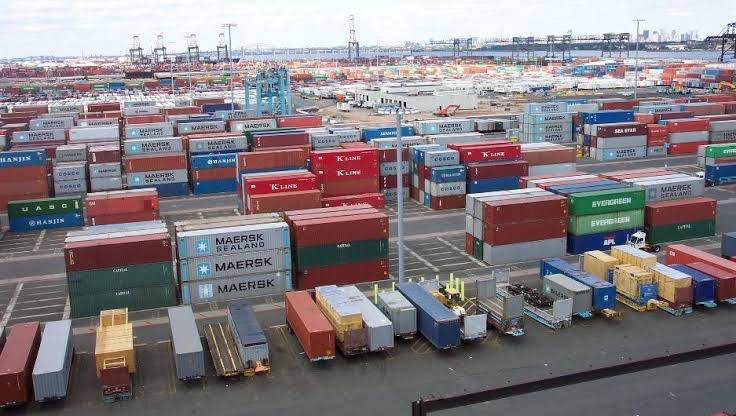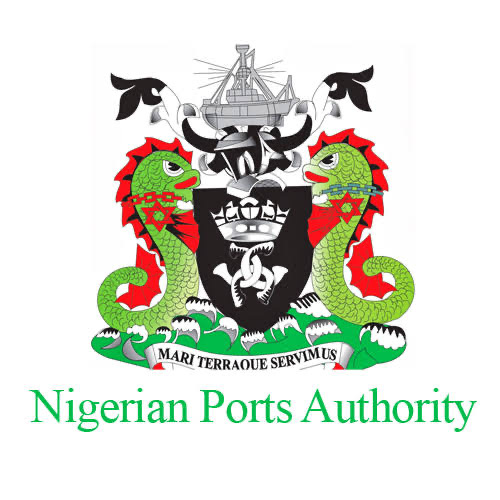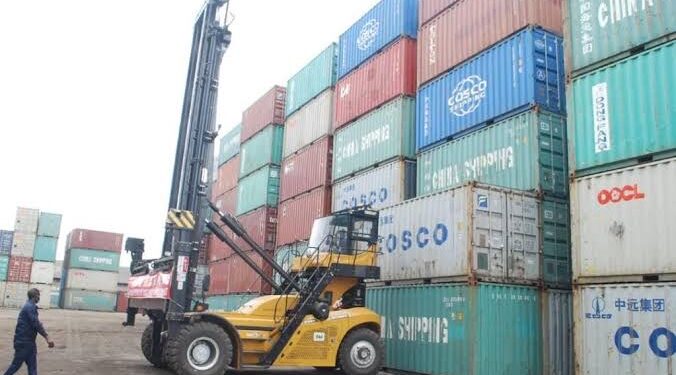Despite the nationwide hunger protests, the country’s ports have been opened to allow businesses to unload their cargo and take refuge in importers’ warehouses.
Journalists learnt that the ports have been opened and customs officials and truck drivers are being allowed to move freely. In Lagos, all divisions of the Nigerian Customs Service (NCS) have been opened for cargo inspection and release of goods to allow importers and their agents to receive their shipments.
Moreover, members of the Maritime Workers Union of Nigeria (MWUN) had earlier promised that they were willing to work at the ports despite the protests.
“We are working because truck operators are not part of the protest. Business activities are going well and peaceful within the port environment,” Bala Mohammed, a truck driver, told Journalists over the phone.
He said truck drivers are doing their normal work, unloading empty and export containers and loading import containers for delivery to importers’ warehouses.

Mohammed said the protests have so far been peaceful and there have been no reports of human rights violations against members who are conducting legitimate business in Lagos.
He said there was also a strong deployment of security forces, police, and soldiers, on alert and ready to repel intruders and gangs who may misuse the protests for unlawful attacks.
“At the association level, the Association of Maritime Trucks Owners (AMATO) had earlier enjoyed our members to continue their normal business and not to join the protest because we believe in peaceful dialogue as a way of resolving societal problems rather than protesting,” the AMATO concurrent secretary-general said.
However, Journalists found that although the ports were open, port operations were delayed as many licensed customs brokers did not show up to collect shipments.
The situation was further worse by poor network and fluctuating internet services, making it difficult to withdraw money at ATMs or transfer funds.
“Some Customs Agents did not come out in full force to take delivery of their consignments due to the uncertainty that surrounds the ongoing protest,” said Tony Anakebe, a clearing and forwarding expert,
Anakebe said he was able to reach Apapa port on Thursday morning with no disruption on the roads.
“But when I entered the port in the afternoon, there was nobody as the banks and even shipping companies were not open for business,” he said.

The Nigerian Customs Service, through its Commissioner for Customs, Adewale Adeniyi, had previously assured the business community that Nigeria’s ports were open during the protests.
“Our ports must remain operational. Importers who bring in their goods must be able to access the ports, make declarations, and clear goods by themselves or through their agents,” Adeniyi asserted.
In this regard, the Customs Area Manager, Apapa Port, Mr Babatunde Olomu, also assured port users that business activities at the port would continue uninterrupted.
He said that customs officials under his command would be able to go on normal duties and would assist all legitimate trade.
“Our officers shall be resuming work by 8 am on all weekdays and may work during weekends, when necessary,” Olomu added.
Segun Oduntan, Vice President of, the Association of Nigerian Licensed Customs Brokers (ANLCA), distanced his members from the protests, saying that while the Federal Government’s decision to suspend import duties and taxes on essential food items was commendable, the government should abolish the taxes and import duties on used vehicles.
He called on the government to address the issues affecting businesses and the economy.


































